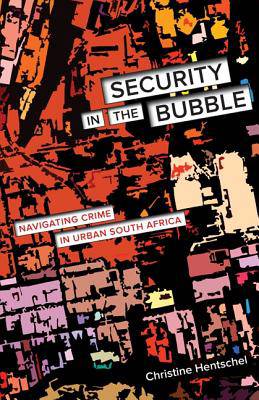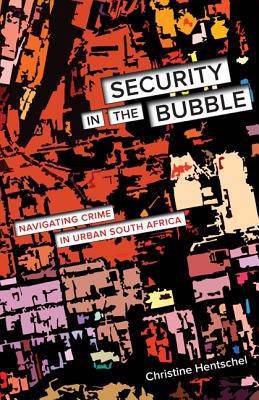
- Retrait gratuit dans votre magasin Club
- 7.000.000 titres dans notre catalogue
- Payer en toute sécurité
- Toujours un magasin près de chez vous
- Retrait gratuit dans votre magasin Club
- 7.000.0000 titres dans notre catalogue
- Payer en toute sécurité
- Toujours un magasin près de chez vous
Description
Focusing on the South African city of Durban, Security in the Bubble looks at spatialized security practices, engaging with strategies and dilemmas of urban security governance in cities around the world. While apartheid was spatial governance at its most brutal, postapartheid South African cities have tried to reinvent space, using it as a "positive" technique of governance.
Christine Hentschel traces the contours of two emerging urban regimes of governing security in contemporary Durban: handsome space and instant space. Handsome space is about aesthetic and affective communication as means to making places safe. Instant space, on the other hand, addresses the crime-related personal "navigation" systems employed by urban residents whenever they circulate through the city. While handsome space embraces the powers of attraction, instant space operates through the powers of fleeing. In both regimes, security is conceived not as a public good but as a situational experience that can.
No longer reducible to the after-pains of racial apartheid, this city's fragmentation is now better conceptualized, according to Hentschel, as a heterogeneous ensemble of bubbles of imagined safety.
Spécifications
Parties prenantes
- Auteur(s) :
- Editeur:
Contenu
- Nombre de pages :
- 184
- Langue:
- Anglais
- Collection :
- Tome:
- n° 24
Caractéristiques
- EAN:
- 9780816694327
- Date de parution :
- 08-08-15
- Format:
- Livre broché
- Format numérique:
- Trade paperback (VS)
- Dimensions :
- 140 mm x 213 mm
- Poids :
- 272 g







